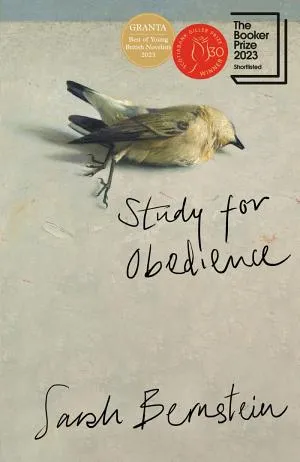
Where to begin. I can it is true shed light on my actions only, and even then it is a weak and intermittent one. I was the youngest child, the youngest of many—more than I care to remember—whom I tended from my earliest infancy, before, indeed, I had the power of speech myself and although my motor skills were by then scarcely developed, these, my many siblings, were put in my charge.
Nothing could have induced me to take on a leadership role of any kind, I was a faithful and perennial servant, and yet, and no one could have found the situation more impossible than I did, it seemed to me that my obedience had itself taken on a kind of mysterious power. And if I had been granted this power, by some grace, against my wishes, must I not then make use of it in some way?
It was a familiar feeling: wherever I had been in my life I was always an incomer, an offlander, sometimes a usurper, more rarely a conniver, it was something in my blood that made me feel this way and likewise something in my blood that made others feel this too, that I was strange somehow, not to be trusted.
When I exited the automatic doors of the airport, the navigation of which had taken me some time since the sensors did not at first register my movement, however exaggerated, so I had to wait until another recently deplaned passenger passed through the doors himself to exit, my brother’s car was already idling at the kerb.
The match had been doomed from the start, my brother said as he drove through the rain, they had shared too much about themselves, knew too much about one another for mutual respect to be possible. What’s more, he went on, at various times, in alternating turns, they had committed the most grievous sins against one another, culminating finally in each speaking aloud the terrible truth of the other’s personality, truths they had long known about themselves and about one another, but about which they had come to a tacit agreement never to mention, never to discuss, never to give away the slightest hint that such knowledge existed. The wife, knowing the essential flaw in the husband’s heart, must never speak of it; likewise, the awful and indisputable fact of the wife’s character, this too must never be spoken by the husband. No, my brother said, not ever. Such was the basis of the marital relation.
I had learned over the course of my life that there was something unpleasant about this opaque kind of inwardness: at any rate the people among whom I was reared demanded legibility - if there was one thing they could not stand it was the obscure, they were not a people much interested in the pursuit of meaning. They liked constancy. Another way of putting this is that they had the soul of the lake, not of the river, and not of the sea.
He took me under his wing. I became his pupil and his retainer and he made me understand the necessity of temperance and silence. I had made an essential error when organising my consciousness early on in life, my brother explained, and this was by entertaining the idea that it was reasonable for me to form my own judgements about the world, about the people in it. It was not an uncommon error, my brother went on, but it was a conviction particularly unwarranted and also deep-seated in my case. It would not be easy to remedy, no, it would be my life’s work to reorient all my desires in the service of another, that was the most I should expect to achieve.
And so as I tramped daily through the woods, feeling for once in the world, I told myself over and over that I must remember this moment, here, now, a moment which could not last and would inevitably be followed by an unhappiness that would be commensurate with if not exceeding it in strength, and that I must therefore carry it with me, the knowledge that once, for a time, for a series of hours, even stretches of days, I had seen what happiness might look like, that would have to be enough.
Lives layered upon lives, the concentric logic of the world and its continual co-optations. I felt a motiveless sorrow.